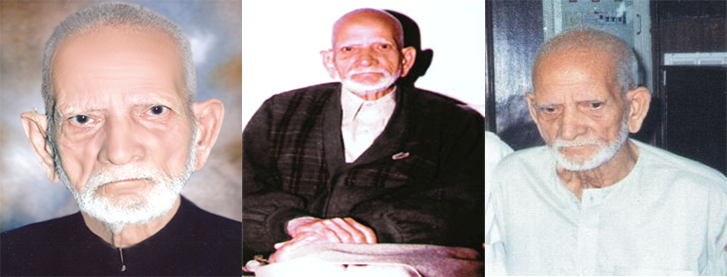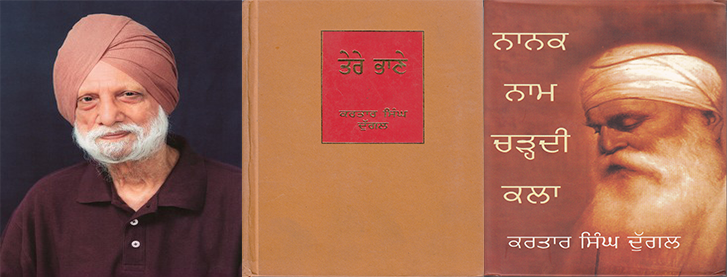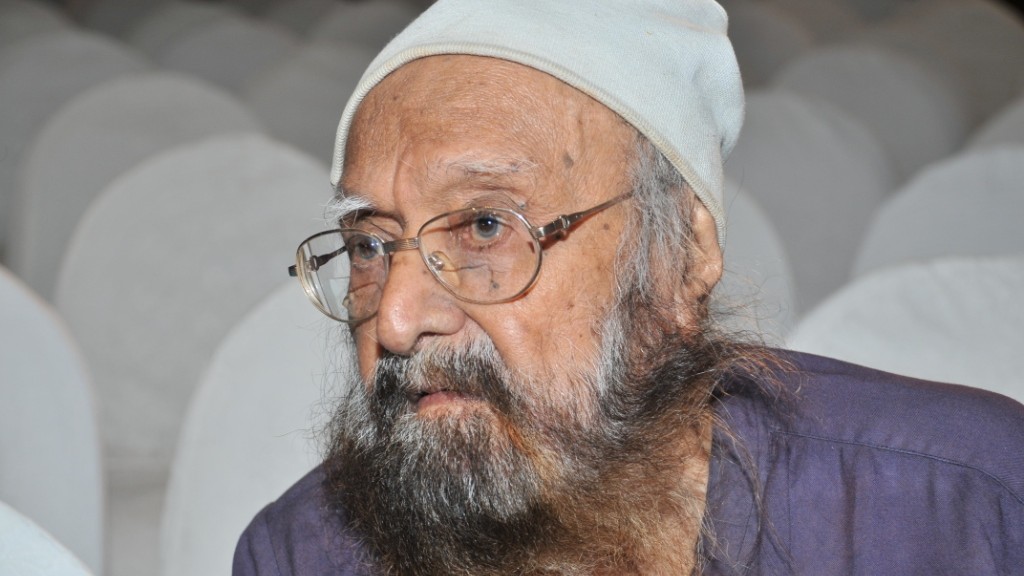Bhai Kahn Singh Nabha (August 30, 1861- November 24, 1938) was a Sikh lexicographer and encyclopedist. His most influential work, Mahan Kosh, inspired generations of scholars after him.He also played a role in the Singh Sabha movement.
Biography
He was born to Narain Singh and Har Kaur at the village of Sabaz Banera, located in what was then Patiala State. His father, Narain Singh succeeded to the charge of Gurdwara Dera Baba Ajaypal Singh at Nabha, after the death of his grandfather Sarup Singh in 1861. Kahn Singh was the eldest of three brothers (the other two being Meehan Singh and Bishan Singh) and one sister (Kahn Kaur). His books Gurmat Prabhakar and Gurmat Sudhakar are the standard guide books for understanding Sikhism. His work Mahan Kosh (known as the Sikh encyclopedia) is his magnum opus. He published magazine”Khalsa Gazzete” and is also regarded as one of the founders of the weekly newspaper, Khalsa Akhbar. Some of his noted works which are believed to be have accomplished between the years 1882 and 1911 are as follows .







